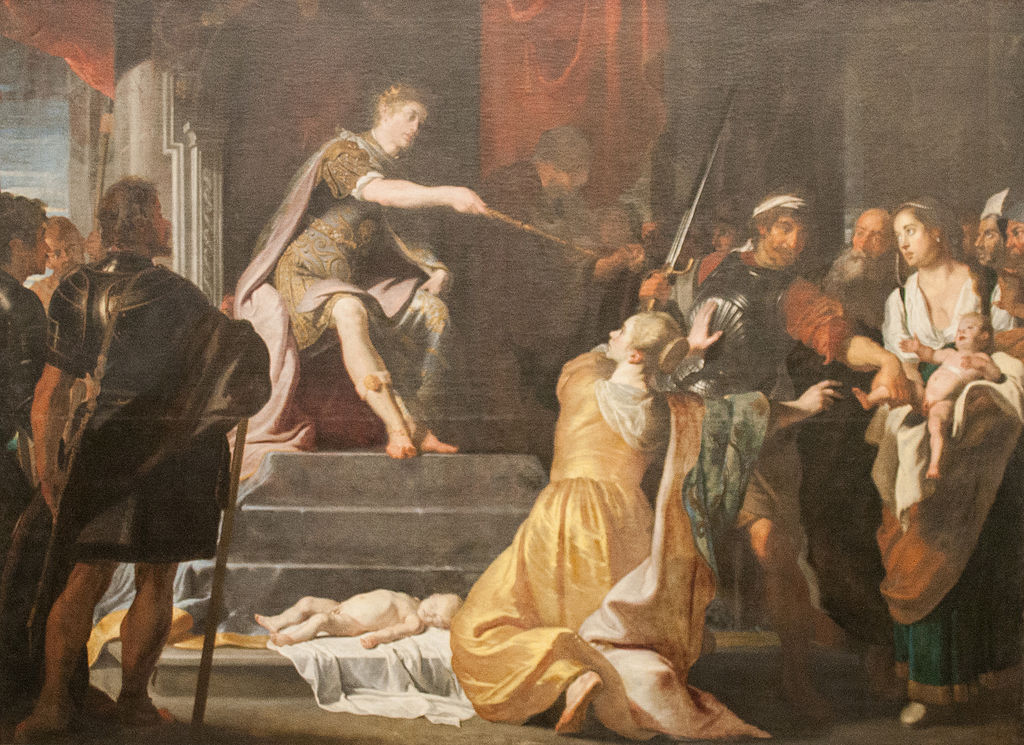Registration is now open for ‘A Time of Judgement: The Operation and Representation of Judgement in 19th century Cultures’
to be held on 23 and 24 June 2016 at Plymouth University.
Please note that you can benefit from the Early Bird Delegate rate and save £25 by booking before 31 May.
![The Judgement of Salomon by Gaspar de Crayer [Public domain], via Wikimedia Commons](https://blogs.plymouth.ac.uk/artsinstitute/wp-content/uploads/sites/60/2016/05/1024px-Crayer_-_Judgement_of_Salomon-300x218.jpg)
The 19th century saw judgement operating and developing in a multiplicity of ways: with national and international architectural and art competitions, and awards for design at universal exhibitions, and the proliferation of a literary market that saw judgement (understood as discrimination and evaluation) exercised in popular and learned reviews. Scientific controversies also involved judgements.
The legal aspect of judgment is an obvious theme and can be explored from both legal history and literary perspectives, as well as through visual culture. The conference is also, however, interested in how non-legal acts of judgement were depicted, for example in Pre-Raphaelite and other artistic representations of the ‘judgement of Paris’, or Christian works such as John Martin’s ‘Last Judgement’.
The conference has been organised by Dr Annika Bautz, Dr James Gregory, Dr Daniel Grey and Prof Kim Stevenson, all of Plymouth University.
Keynote speakers
- Professor David Amigoni (School of Humanities, Keele University) on the dispute between Samuel Butler and Charles Darwin and its attendant call for ‘judgements’ in the scientific world.
- Professor Leslie J Moran (School of Law, Birkbeck College) on audiences and users of judicial photographic portraiture in the era of the carte de visite.
A full programme can be found here.
To register, please visit our estore.

